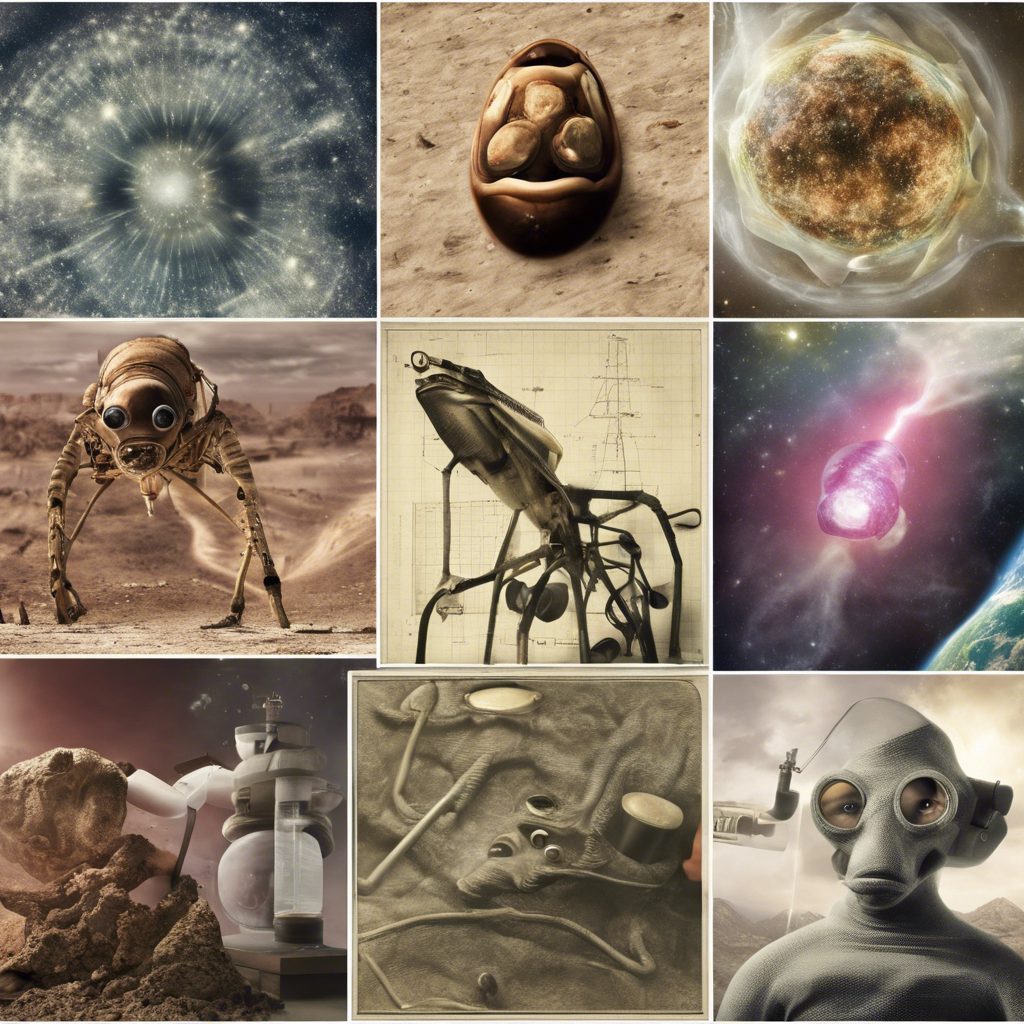Neurobiologist Robert Sapolsky’s latest book challenges the notion of free will and its implications for moral responsibility.
Do we truly have free will, or is it merely an illusion? This age-old philosophical question has been reignited by the latest book from Stanford neurobiologist Robert Sapolsky. In “Determined: A Science of Life Without Free Will,” Sapolsky presents a compelling argument that science supports the idea of determinism, suggesting that our actions are predetermined by a multitude of factors beyond our control. This notion challenges the very foundations of our moral responsibility. As the debate rages on, philosophers and scientists find themselves divided on the compatibility of determinism and free will.
Is determinism incompatible with free will?
The concept of free will is often associated with the ability to choose between alternatives. However, determinism poses a challenge to this notion, suggesting that our choices are predetermined by various factors. Sapolsky’s argument, however, fails to provide a compelling case for his definition of free will. Compatibilists, on the other hand, argue that even within the constraints of determinism, individuals can still possess a certain type of freedom and moral responsibility.
Compatibilists and the nature of free will
Compatibilists believe that humans are agents capable of making meaningful choices, understanding right from wrong, and acting for moral reasons. They argue that while determinism may limit our options, it does not negate our capacity for free will. Compatibilists draw a distinction between being physically constrained and being “determined” not to care about certain actions. They contend that the former is an excuse, while the latter warrants condemnation.
Incompatibilists and the challenge of alternatives
Incompatibilists, who align with Sapolsky’s position, argue that lacking alternatives or being “undetermined” is essential for true free will. They assert that even if our decisions are influenced by factors beyond our control, this does not constitute genuine freedom of choice. However, compatibilists counter that the absence of alternatives does not necessarily negate free will. They emphasize that as long as actions stem from an individual in a relevant way, free will can still be present.
The need for a better defense
While Sapolsky’s argument raises thought-provoking questions, it falls short in its failure to engage with existing philosophical arguments. To establish his definition of free will as the one relevant to moral responsibility, he must address the nuanced debate surrounding this complex issue. Scientists are welcome to contribute to philosophical discussions, but they must first understand and engage with the existing body of knowledge before dismissing alternative viewpoints.
Free will as a metaphysical and normative question
The debate surrounding free will extends beyond the realm of science. It encompasses metaphysical questions about the nature of free will and normative questions about its relationship to moral responsibility. The interdisciplinary nature of this debate highlights the importance of engaging with multiple perspectives. While science may provide valuable insights, it cannot solely determine the philosophical foundations of free will and moral responsibility.
Conclusion:
The illusion of free will and its implications for moral responsibility continue to captivate scholars and scientists alike. Sapolsky’s argument challenges the traditional understanding of free will, advocating for a deterministic view of human behavior. However, his failure to engage with existing arguments and definitions weakens his position. The debate between compatibilists and incompatibilists underscores the complexity of the issue and the need for a nuanced understanding. Ultimately, the question of free will transcends scientific inquiry, requiring interdisciplinary collaboration and philosophical reflection to reach a deeper understanding of the human experience.











